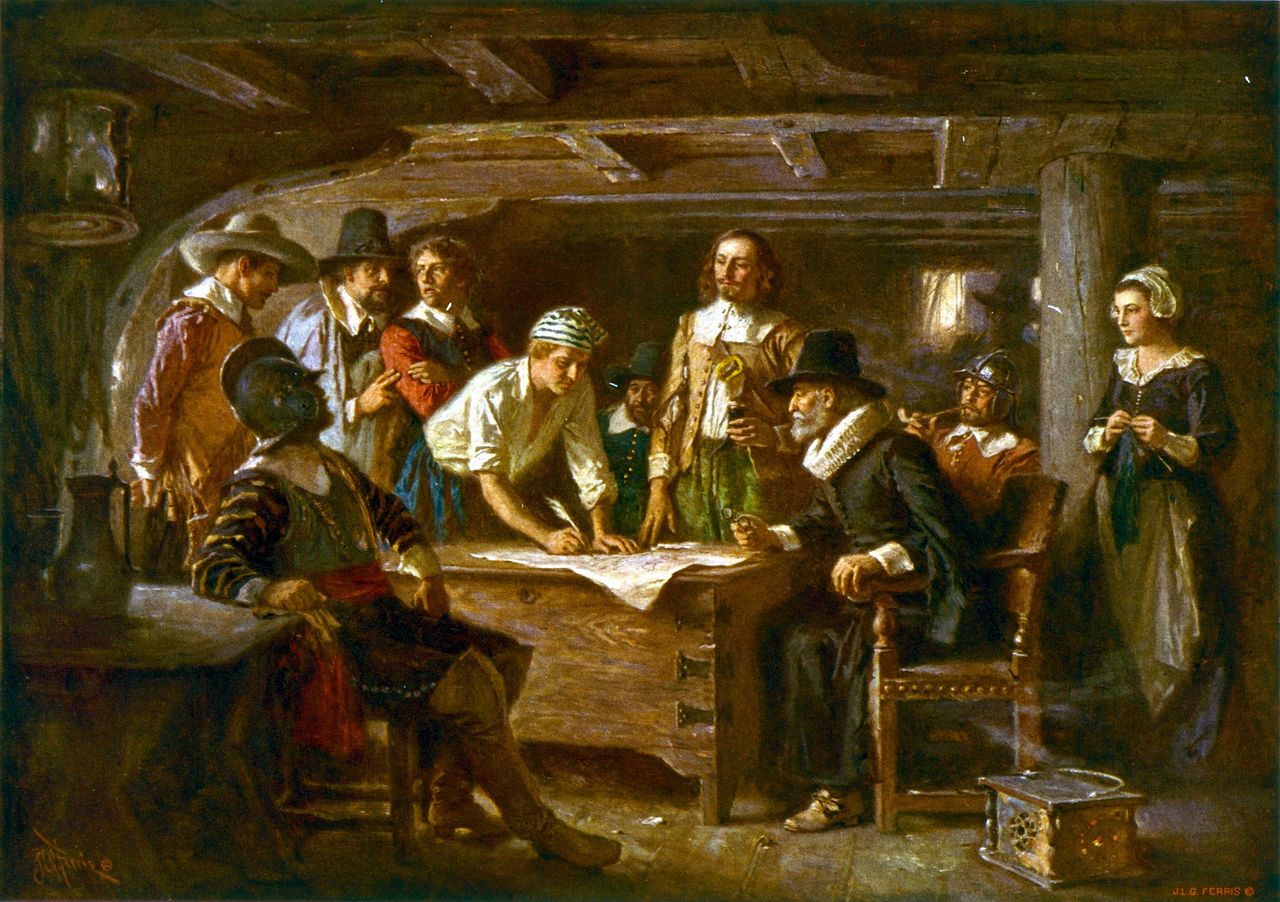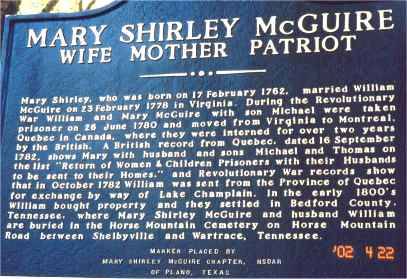Ancestral Stories – Four More Family on the Mayflower
In my last writing about the relatives on the Mayflower, which you can find HERE, I talked about William Bradford and mentioned he worked with William Brewster. This is about Brewster and his trip aboard the ship “Mayflower.” On that trip he brought his wife and two sons. Yes, they were actually named Love and Wrestling. Brewster’s two daughters, Patience and Fear, stayed back in England and would come over on the next few years on the ship “Anne.”
This is from the Sawrey-Sherrod-Brewster line.
William Brewster
Mayflower Chaplain
11th Great-Grandfather
BIRTH: About 1566, in the vicinity of Scrooby, Nottinghamshire, England, son of William and Mary (Smythe)(Simkinson) Brewster.
MARRIAGE: Mary, about 1592, probably in the vicinity of Scrooby, Nottinghamshire, England.
CHILDREN: Jonathan, Patience, Fear, an unnamed child who died young, Love, and Wrestling.
DEATH: 10 April 1644 at Plymouth.
William Brewster was born about 1566, the son of William Brewster. He was educated in both Greek and Latin and spent some time at Cambridge University, although he never completed a full degree. He went into the service of William Davison, then Secretary of State, while his father back home maintained a position as the postmaster of Scrooby, Nottinghamshire. Under Davison, Brewster first traveled to the Netherlands. After Davison was removed as Secretary of State by Queen Elizabeth, Brewster worked himself into his father’s postmaster duties and maintained Scrooby Manor. Brewster was instrumental in establishing a Separatist church with Richard Clyfton, and they often held their meetings in the Manor house. Brewster and the others were eventually found and forced out, and fleeing prosecution and persecution they headed to Amsterdam in 1608, and moved to Leiden, Holland in 1609. Brewster became the church’s Elder, responsible for seeing that the congregation’s members carried themselves properly, both helping and admonishing them when necessary.
In Leiden, Brewster working with Thomas Brewer, Edward Winslow, and others, began working a printing press and publishing religious books and pamphlets that were then illegally conveyed into England. Brewster also employed himself teaching University of Leiden students English. By 1618, the English authorities were onto him and his printing press, and had the Dutch authorities in pursuit of him. Thomas Brewer was arrested and held in the University of Leiden’s prison, but Brewster managed to evade the authorities and went into hiding for a couple years.
When the Leiden church congregation decided to send the first wave of settlers to establish a colony that everyone could eventually move to, their pastor John Robinson decided to remain behind in Leiden with the majority of the congregation, intending to come later. The smaller group that went on the Mayflower desired the next highest ranking church official, Elder Brewster, to go with them; so he agreed. He brought his wife Mary and two youngest children, Love and Wrestling, on the Mayflower with him.
When the passengers of the Mayflower landed at Plymouth Colony, Brewster became the senior elder, and so served as the religious leader of the colony. He became a leader and was a signer of the Mayflower Compact. In the colony, he became a separatist leader and preacher, and eventually, as an adviser to Governor William Bradford. Brewster’s son Jonathan joined the family in November 1621, arriving at Plymouth on the ship Fortune, and daughters Patience and Fear arrived in July 1623 aboard the Anne.
As the only university educated member of the colony, Brewster took the part of the colony’s religious leader until a pastor, Ralph Smith, arrived in 1629. Thereafter, he continued to preach irregularly until his death in April 1644. “He was tenderhearted and compassionate of such as were in misery,” Bradford wrote, “but especially of such as had been of good estate and rank and fallen unto want and poverty.”
Brewster was granted land amongst the islands of Boston Harbor, and four of the outer islands (Great Brewster, Little Brewster, Middle Brewster and Outer Brewster) now bear his name. In 1632, Brewster received lands in nearby Duxbury and removed from Plymouth to create a farm there.
His wife Mary died in 1627, and he never remarried. n 1634, smallpox and influenza ravaged both the English and the Indians in the region. William Brewster, whose family had managed to survive the first terrible winter unscathed, lost two daughters, Fear and Patience, now married to Isaac Allerton and Thomas Prence, respectively He lived to be nearly 80 years old, dying in 1644. His estate inventory lists the titles of several hundred books that he owned. Shortly after he died, William Bradford wrote a short but concise biography of Brewster in his history Of Plymouth Plantation, though he erroneously filed it under 1643 instead of 1644.



